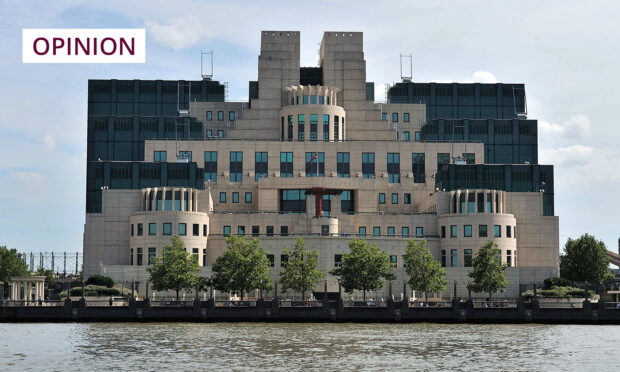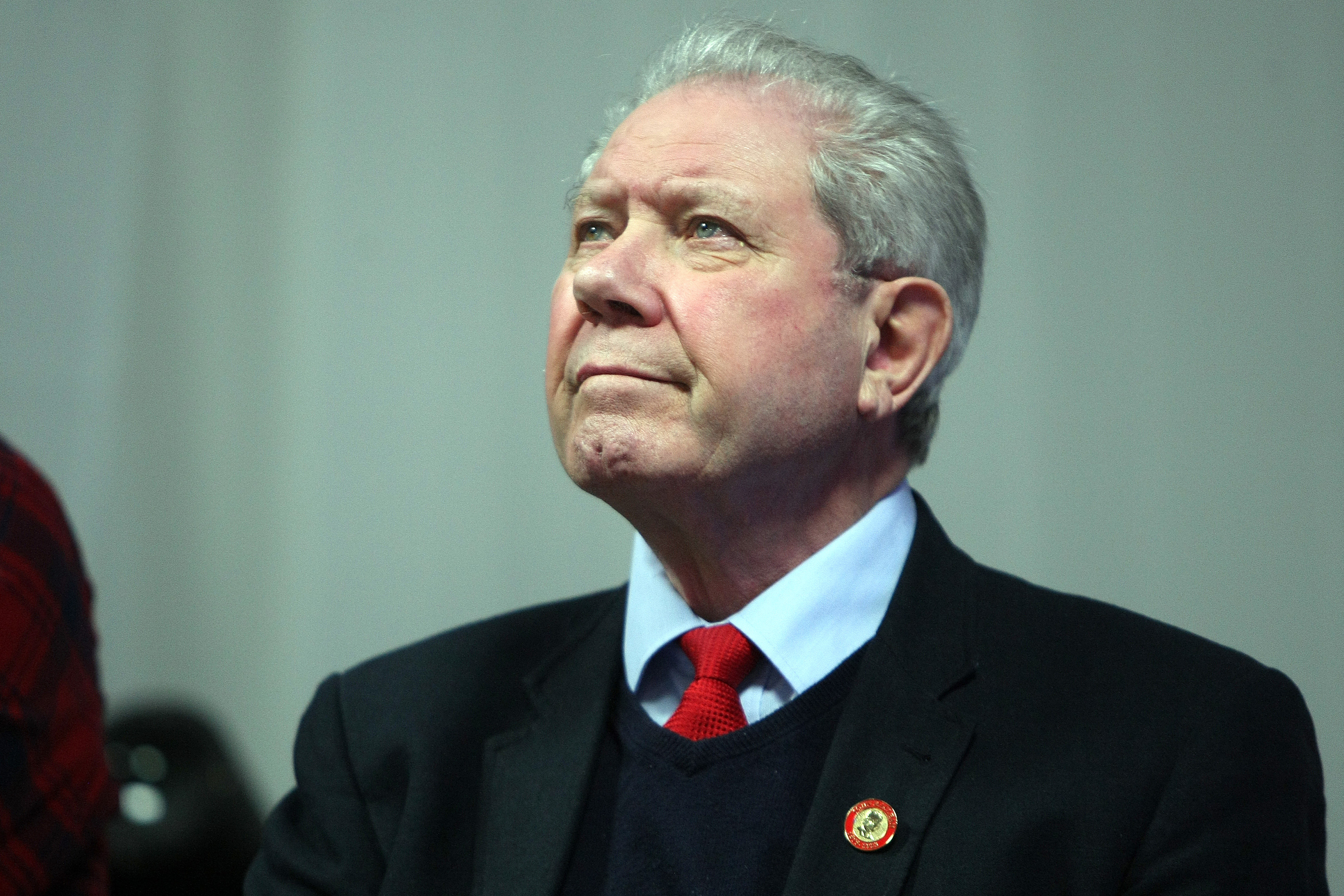It is often suggested there are five stages of grief: denial, anger, bargaining, depression and, finally, acceptance.
Over the last six months, the SNP’s declining fortunes have led its politicians and members to frequently and publicly express one or more of these emotions.
In recent days, however, it has become clear we can add a sixth emotional response from nationalists contemplating their collective grief: paranoia.
Campbell Martin, a former SNP MSP, suggested the party had been infiltrated by MI5 agents who were responsible for forcing it to adopt unpopular policies, such as gender recognition reform, in a bid to undermine progress towards independence.
This is clearly a fringe – and unhinged – perspective, one more widely held than a casual observer might first assume.
Alongside Martin, former SNP deputy leader Jim Sillars and former minister Alex Neil endorsed the view that the British security services were working to undermine the SNP.
As with the other emotional outbursts witnessed in recent months, this paranoia is a direct response to the SNP’s sliding poll ratings and, particularly, the fact Scottish independence is a closed issue.
For nationalists of a certain inclination, the historic inevitability of separation is such that only a concerted campaign by sinister and underhand forces could derail it.
The problems with this perspective are so multiple and far-reaching it is practically impossible – if not also pointless – to try and rebuff them all comprehensively.
But two key points are nevertheless worth making.
The first is also the most obvious: if the British security services have been trying to undermine the SNP, then, frankly, they have not been doing a very good job.
For all the nationalists’ legislative and administrative failings, they have proved remarkably electorally resilient, winning – as the former First Minister Nicola Sturgeon is always quick to point out – consecutive and substantial endorsements from the Scottish public at the ballot box.
While the British agents who successfully organised the 1953 coup d’état against Mohammad Mosaddegh will have long since retired, their successors could surely – if they actually wanted to – do as good a job in their own backyard.
But it is the second point that is yet more pertinent.
It is that, far from being the victim of a deep state conspiracy, the SNP is in fact wholly responsible for its own failings.
Gender recognition reform was the issue cited by Martin but there are many more examples of SNP self-inflicted wounds, not least from the Government Expenditure and Revenue Scotland (GERS) figures, released earlier this week.
These annual figures show – as they always do – that there is no positive economic case for Scottish independence and, indeed, that Scotland significantly benefits from being part of the UK.
But they also show the importance of oil and gas revenues to Scotland’s economy – and to any possible credible case for separation.
‘Bad politics’
Without the North Sea tax take, Scotland’s notional deficit would be a whopping £28.5billion, necessitating unprecedented and unrelenting tax rises and spending cuts to build economic credibility.
That would still be the case when oil and gas revenues are added – the deficit only falls to £19.1billion, more than the annual budget for the NHS – but the severity of the austerity required would be somewhat diminished.
Yet, despite this, the SNP now supports a presumption against oil and gas development, making the economic case for separation not just more difficult to make, but impossible to make.
Such errors are not the work of the British secret agents but are simply bad politics by nationalist leaders.
That is a fact SNP supporters will have to accept if they want to truly move on from the grief of their current predicament.
‘Important anniversary’
There are few Scottish athletes more iconic than Eric Liddell.
A celebrated runner and rugby player, he most famously refused to compete in the heats for the 100m sprint at the 1924 Paris Olympics because they took place on a Sunday.
As a result, he instead chose to compete in – and ultimately win – the 400m race, a sequence of events immortalised by the epic film, Chariots of Fire, its most celebrated scene being shot on West Sands, St Andrews.
A devout Christian, Liddell later undertook missionary work in China, only to pass away tragically and prematurely in a Japanese internment camp in 1945, aged just 43.
Next year will, of course, mark the centenary of Liddell’s famous Olympic exploits, and I am delighted to learn an ambitious program is already underway – with the patronage of Her Royal Highness Princess Anne – to mark the occasion.
Organised by the Eric Liddell Community, the Eric Liddell 100 aims to inspire a new generation with his powerful story.
Among the activities planned are an exhibition on Liddell’s life, the creation of new online resources for school learning and, naturally, a sporting competition involving schools, colleges, and communities.
I would urge all those in Courier Country and beyond to join with the Eric Liddell Community in supporting this important anniversary.













Conversation